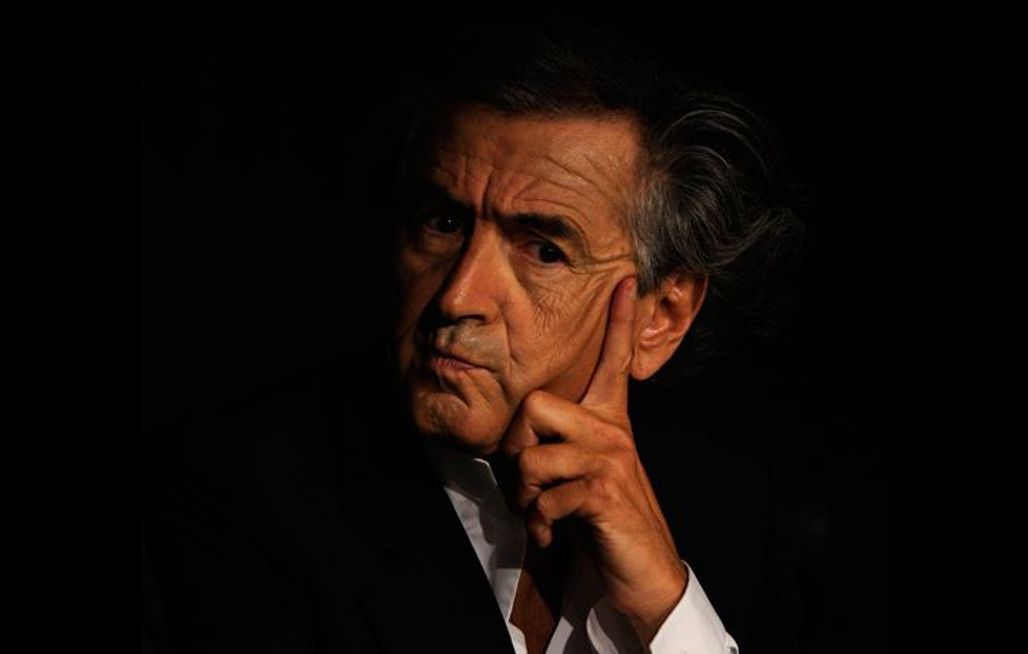
Bernard-Henri Lévy: “We have to try to take up the challenge of making cinema through History or that of making History through cinema.” »

Bernard-Henri Lévy and Marc Roussel were accompanied by some of the film cast to give a press conference on the film Le Serment de Tobrouk (The Oath of Tobruk), prior to it being shown as a Special Screening. Selected extracts.
Mansour Saif An-Nasr, representative of the National Transitional Council of Libya, thinks that the film offers an example of international mobilisation
We fought with the help of international aid. Today, faced with El Assad, who is killing his people, we are asking ourselves where the international community is. Yesterday, with its help, we succeeded in saving Benghazi and, together, we must all save Homs, Damas, and all the cities and towns in Syria.
According to Bernard-Henri Lévy, after intervention failed in Bosnia, a kind of spirit of revenge arose
Our Libyan friends are today avenging our humiliated Bosnian friends. I can see myself now in this same room, presenting Bosna. At that time, Sarajevo was still being bombed. The people we filmed were dying. There was a feeling of despair. Today, it’s quite the opposite. People are so very happy to see the idea of fraternity – one which I have seen fail for so long – actually work in Libya.
Film directors who have influenced Bernard-Henri Lévy
We had three sources of influence: Jacques Rivette’s words: "death must be approached with fear and trembling." Secondly, Jean-Luc Godard’s words: "cinema has too often missed its rendez-vous with History"; we have to try to take up the challenge of making cinema through History or that of making History through cinema. And finally, a tradition of documentary filmmakers: Naomi Kawase, Raymond Depardon and Alain Cavalier; directors who have had the honesty and intellectual courage to not dodge their own subjectivity.
Comments recorded by TK


